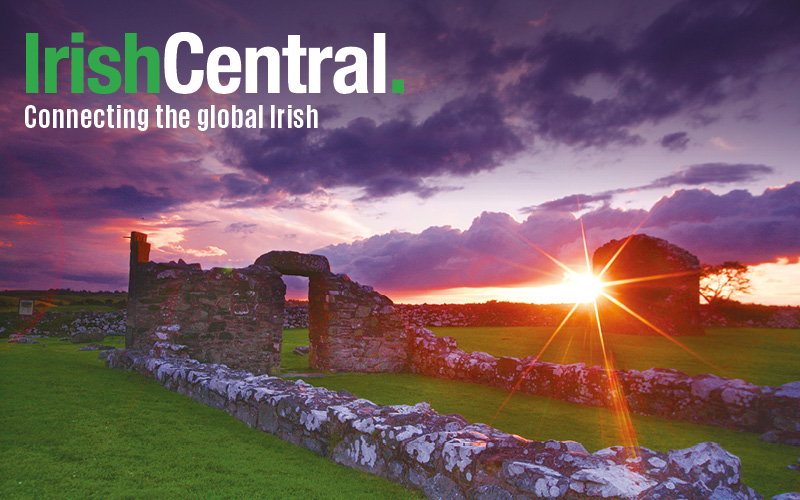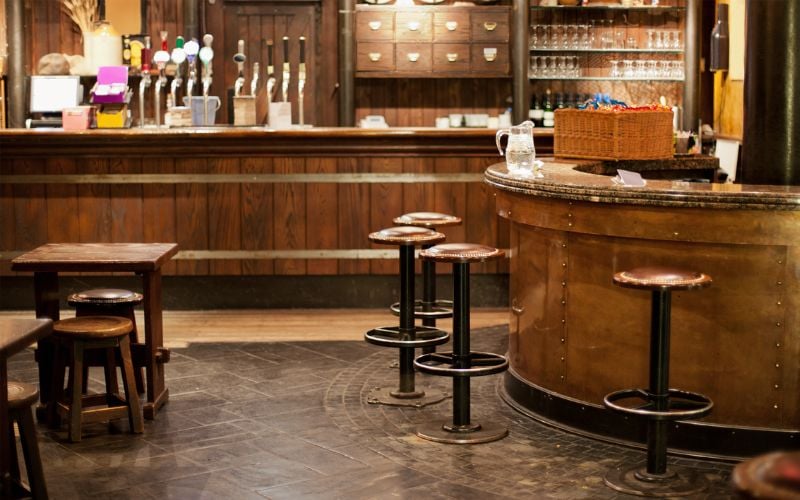Up to 6,000 jobs are under threat and about 100,000 pigs are being destroyed in the biggest crisis in Ireland's €7 billion food industry since mad cow disease, peaked in 2001, decimating the cattle industry.
Pork products across the country were recalled and around the world Irish bacon and other pig meats were swept off supermarket shelves in countries stretching from Britain to China.
Also on Tuesday, tests on some cattle that ate the toxic feed came up positive, but the Department of Agriculture said there was no public health risk and the beef would continue to be sold to the public.
Almost 2,000 workers in the pig industry were laid off within 48 hours of the alert being raised last weekend. More were put on protective notice with a strong likelihood of being laid off in the near future. Trade union chiefs said up to 6,000 jobs in all are in serious jeopardy.
Exporters feared disaster, with the likelihood that the bottom could fall out of the market for other Irish animal-based foods, not just the pig products at the centre of the crisis.
Ireland's reputation for quality produce was in tatters after it was revealed that contaminated pig produce had gone to as many as 26 different countries. The crisis exploded when the government ordered a total recall of all pork and bacon after the discovery of dioxins in animal feed and pig fat samples.
Laboratory tests in Belgium and the U.K. of the samples revealed the presence of the dioxins, PCBs, in pork at levels up to 200 times the safe limits.
Confirmation of the findings was flashed to the government at 4 p.m. last Saturday. Within hours the order went out to recall all pig produce put into the markets as far back as last September 1.
By Sunday morning shop shelves were being cleared of Irish pork and hotels were serving up salmon and scrambled eggs to guests for breakfast instead of the traditional Irish fry of bacon, sausages and black and white pudding slices.
Taoiseach (Prime Minister) Brian Cowen led crisis talks between senior agriculture and health officials who had to consider compensation demands right across the board, from pig farmers to shop-owners and consumers who had to return or destroy purchases.
Gardai (police) joined in the investigation to find the source of the dioxins. The hunt led to the Millstream Power Recycling plant near Fenagh, Co. Carlow, which produces animal feed from stale bread gathered from supermarkets and mixed with swill from hospital kitchens as well as other food waste.
The plant supplied contaminated feed to 10 pig farms and 38 beef farms in the Republic and to nine farms in Northern Ireland. All the farms were placed under restriction.
In relation to the 38 beef farms, government vets said tests were underway on the cattle. One leading vet said, "The farms are under restriction. No cattle are going anywhere, so from that perspective there is no risk to the consumer at this stage."
Department of Agriculture senior inspector Dermot Ryan said that "inappropriate" oil was used in the Millstream plant. He said the oil had not been mixed into the food but was used to heat ingredients being converted into animal feed.
Millstream Recycling said it was carrying out "a full investigation to establish how the company's strict health and safety procedures and the high quality standards could possibly have been breached."
Cowen said the government will do everything possible to ensure that the pork industry can resume production as soon as possible. When asked about the issue of compensation, he said that it was the government's intention to assist the industry in whatever way it could to make a recovery from what was a very difficult situation.
Cowen said the government would be seeking assistance from the EU to fund a compensation package for the pork producers and processors.
As ministers pulled out all the stops to get Irish pork back into domestic and world markets, pig meat processors warned that they would not resume slaughtering of pigs until there was financial help from the government towards the cost of the weekend recall of the tainted produce.
Bord Bia, the Irish food-marketing board, said it was determined to restore consumer confidence in Irish pigment at home and abroad.
Chief Executive Aidan Cotter said that when processing resumes, Irish pig meat will carry a new label saying it was produced after December 7, and therefore unaffected by the current produce recall.
At an international level, the European Commission said that 12 EU countries and nine non-EU countries were affected by the contamination scare.
EU Commissioner for Health Androulla Vassiliou said that the 12 member states which had imported Irish pork were required to detain the products in order to check them for the presence of dioxins.
On Monday afternoon, the European Food Safety Authority held a video conference meeting with the affected member states.
This Wednesday Europe's chief veterinary officers are meeting, and a meeting of the EU's standing committee on the food chain and animal health is scheduled for Friday.
The commission said it wants to share information and harmonize enforcement in order to ensure a high level of human health protection.
Throughout the crisis, Irish government officials repeatedly emphasized that people should not be alarmed or concerned in relation to the potential risks from short-term exposure to dioxins found in the pork products.
Meanwhile, dozens of Northern Ireland pig farmers face potential ruin after the pork recall. To date nine northern Irish farms have been affected by the food scare.
The Food Standards Agency (FSA) in the North advised households to destroy any pork products which had been bought during the last three months.
The slaughter of pigs in Northern Ireland has also been stopped while an investigation is undertaken.




Comments